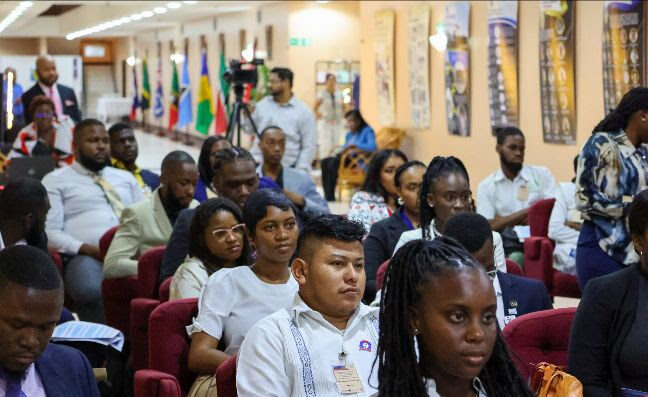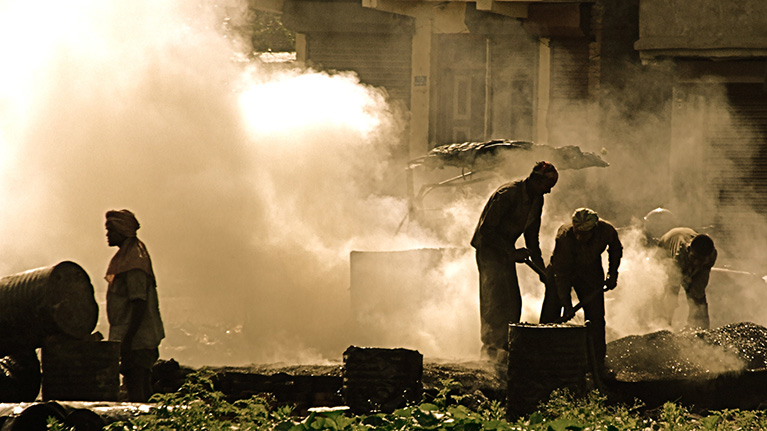BALI, Sep 04 2015 – Youth Ministers from Commonwealth countries in the Pacific have vowed to champion a greater focus on young people in decision-making processes in order to achieve new global sustainable development goals.
In a joint statement, representatives from Australia, Fiji, Nauru, Samoa, Solomon Islands, Tokelau, Tonga, Tuvalu and Vanuatu agreed on strategies to ensure youth empowerment and development priorities are included in national and regional development frameworks.
The declaration was issued at the end of the Pacific Region Commonwealth Youth Ministers Meeting, which was convened by the Commonwealth Secretariat and hosted by the government of Samoa from 1-3 September 2015. The meeting was preceded by a Youth Leaders’ Forum and a Senior Officials Meeting.
Over the course of the three-day summit, Ministers committed to a coordinated regional approach to youth-centred development, as well as to the implementation of the Pacific Youth Development Framework, which covers key youth policy areas such: as youth education and employment; health; governance and participation; and environmental action.
Ministers also resolved to work together to strengthen national youth policy frameworks and action plans across the region, and to provide greater support for the Pacific Youth Council and national level youth platforms.
The issue of climate change loomed large in the discussions, with Ministers heeding a call by youth representatives at a parallel Youth Leaders’ Forum to recognise young people as champions of climate change action.
“Young people are at the frontlines of climate change and already affected by its impact in their daily life; and should be included in decision-making and action on climate change issues,” said the Ministers.
“We will provide greater support to ensure that young people are empowered and equipped with the necessary information and skills to act as equal partners in the global and regional response to climate change,” they added.



